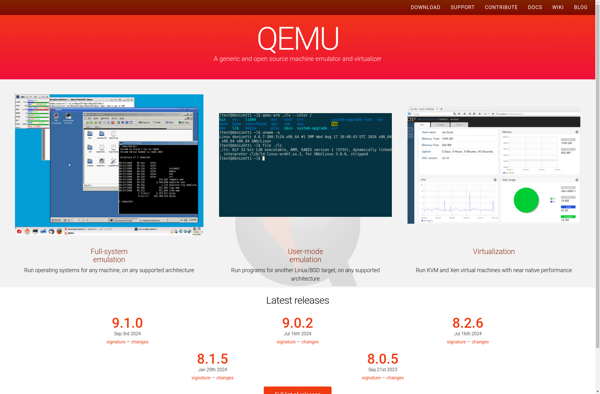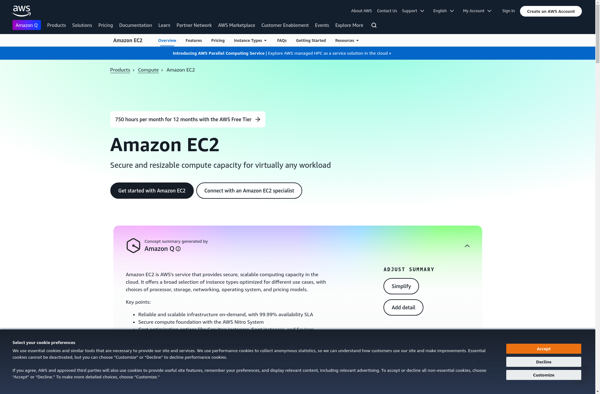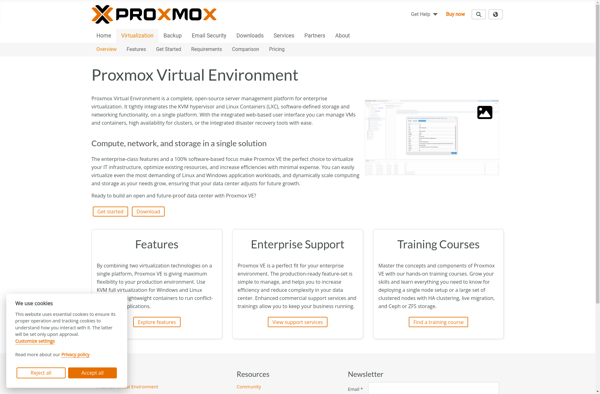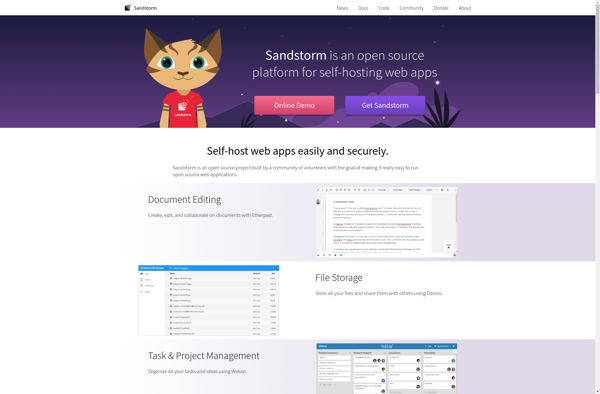AtomDeploy
AtomDeploy: Continuous Deployment and Release Automation Tool
Automate infrastructure deployments and application releases to environments like Kubernetes with AtomDeploy, integrating with Git and Terraform version control systems.
What is AtomDeploy?
AtomDeploy is a continuous deployment and release automation tool designed to help teams ship code faster and more reliably. It integrates deeply with version control systems like Git and Terraform to fully automate infrastructure deployments and application releases to environments like Kubernetes.
Key features include:
- GitOps-based deployment workflows powered by a Git commit, pull request, or tag
- Infrastructure-as-Code integration with Terraform for provisioning servers, databases, load balancers, etc.
- Deployments to Kubernetes with support for canary releases, traffic shifting, and automated rollbacks
- Visual deployment workflow editor for modeling multi-stage pipelines tailored to your environment
- Notifications to Slack, Teams, Discord when a deployment succeeds or fails
- Built-in approval gates and manual judgement steps
- Integrates with monitoring tools like Datadog and Prometheus
- Supports zero-downtime, blue/green deployments
- Everything configurable as code for versioning with Git
Overall, AtomDeploy aims to help streamline and automate the entire infrastructure deployment and application release process for both cloud-native and traditional applications. Its deep version control system integrations allows developers to implement GitOps workflows while easily modeling complex deployment pipelines across multiple environments.
AtomDeploy Features
Features
- Automated deployments
- Integration with version control systems
- Infrastructure as Code (IaC) integration
- Environment management
- Blue-green deployments
- Canary releases
- Rollback support
Pricing
- Free
- Open Source
Pros
Cons
Official Links
Reviews & Ratings
Login to ReviewThe Best AtomDeploy Alternatives
Top Development and Deployment Automation and other similar apps like AtomDeploy
Here are some alternatives to AtomDeploy:
Suggest an alternative ❐Amazon Web Services

Microsoft Azure

Linode

DigitalOcean

QEMU

Amazon Elastic Compute Cloud

Proxmox Virtual Environment

Heroku

Vultr

Google App Engine

Sandstorm
